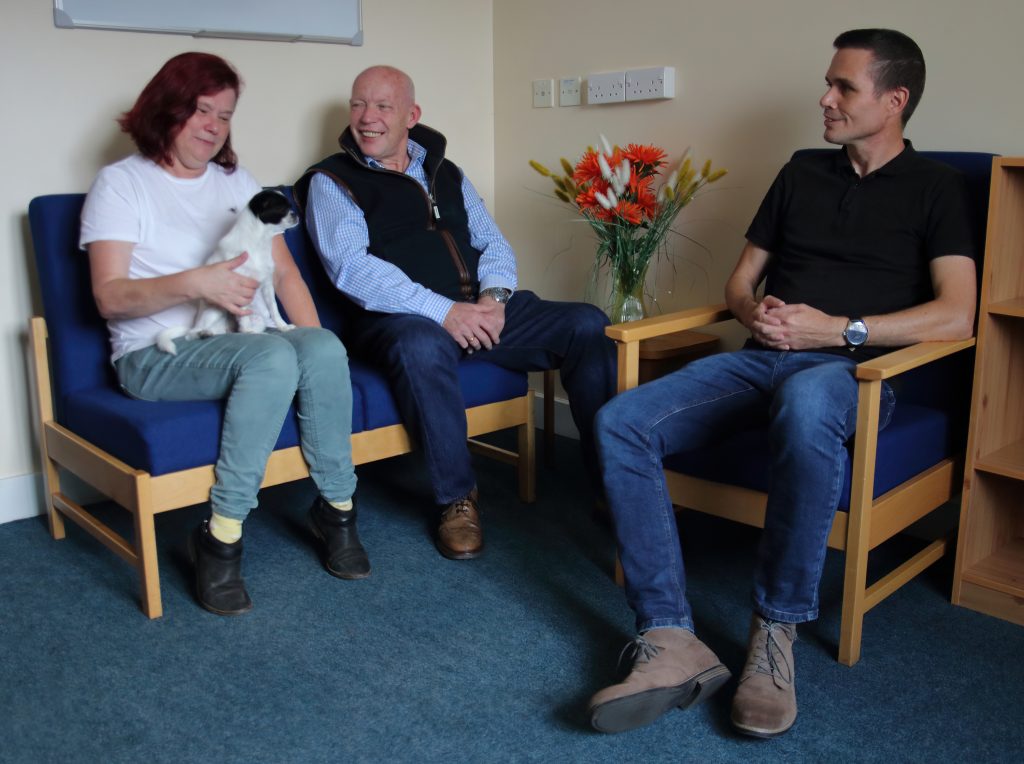Clinical recovery is said to have been achieved when a person no longer has the symptoms of whatever illness they have experienced. This is quite easy to think about in terms of physical health – for example, if a person breaks their leg, they will receive treatment to heal the leg, and once the leg is functioning well, the person will have recovered.
Obviously, a clinical recovery is what the majority of people, and healthcare professionals, will be seeking for a physical condition. It may also be what is looked for when a person is experiencing difficulties with their emotional or mental health. A person experiencing long periods of low mood may want to have some treatment to improve how they feel. Mental health professionals will also seek to work on symptoms, and they are guided by a range of treatments and interventions which have been shown to be effective through research.
Some people understand mental health in a clinical way. They think of it as an illness with symptoms that has a clinical solution and/or cure. However, as mental health is so complex, viewing recovery in simple terms of “problem – cure” will not be helpful for a lot of people.
User Experience
People with mental ill health are valued members of society! This belief needs to be validated by society’s perception of the mentally ill, if clinically recovery is to be a real expectation for people with lived experience to aspire to walk towards
To recover is very dependent on “self” and having an inner strength, which develops a belief in being able to negotiate experiences, while learning and growing. It is not an impossible journey, but it must be achieved (in my opinion) by positive relationships, support, choice, achievement, opportunity, honest reflection and most importantly a realistic vision to strive towards.
To offer and to try to work at recovery is a responsibility, but the journey must be supported by a cohesive message from government, community, business and the health authority. I believe there needs an investment in people and a change in attitudes, to create an equal platform of opportunity and the letting go of the fear of risk.
The diagnosis should not be a convenient safety net that impacts on the present when it is in the past. I believe we need clarity in the message that when we are seen to be in remission, it has the right support in place to move forwards, to sustain a future
Is clinical recovery personal or a medical assessment on a person’s well-being? Is it a medical recovery that is sustainable or an outcome? I believe it is very much dependant on the perception people who can nurture a person’s life beyond services and a strong care system that has a compassionate understanding of complex individuals lives. The message must not get confused and lose its content for short-term statistics, risk adverse approaches, or be politically undermined for financial gain.
The diagnosis should not be a forever judgement on the formulation! The clinical recovery diagnosis is a professional assessment of well-being, but that does not remove the journey of trying to overcoming the difficult history of being traumatized.
